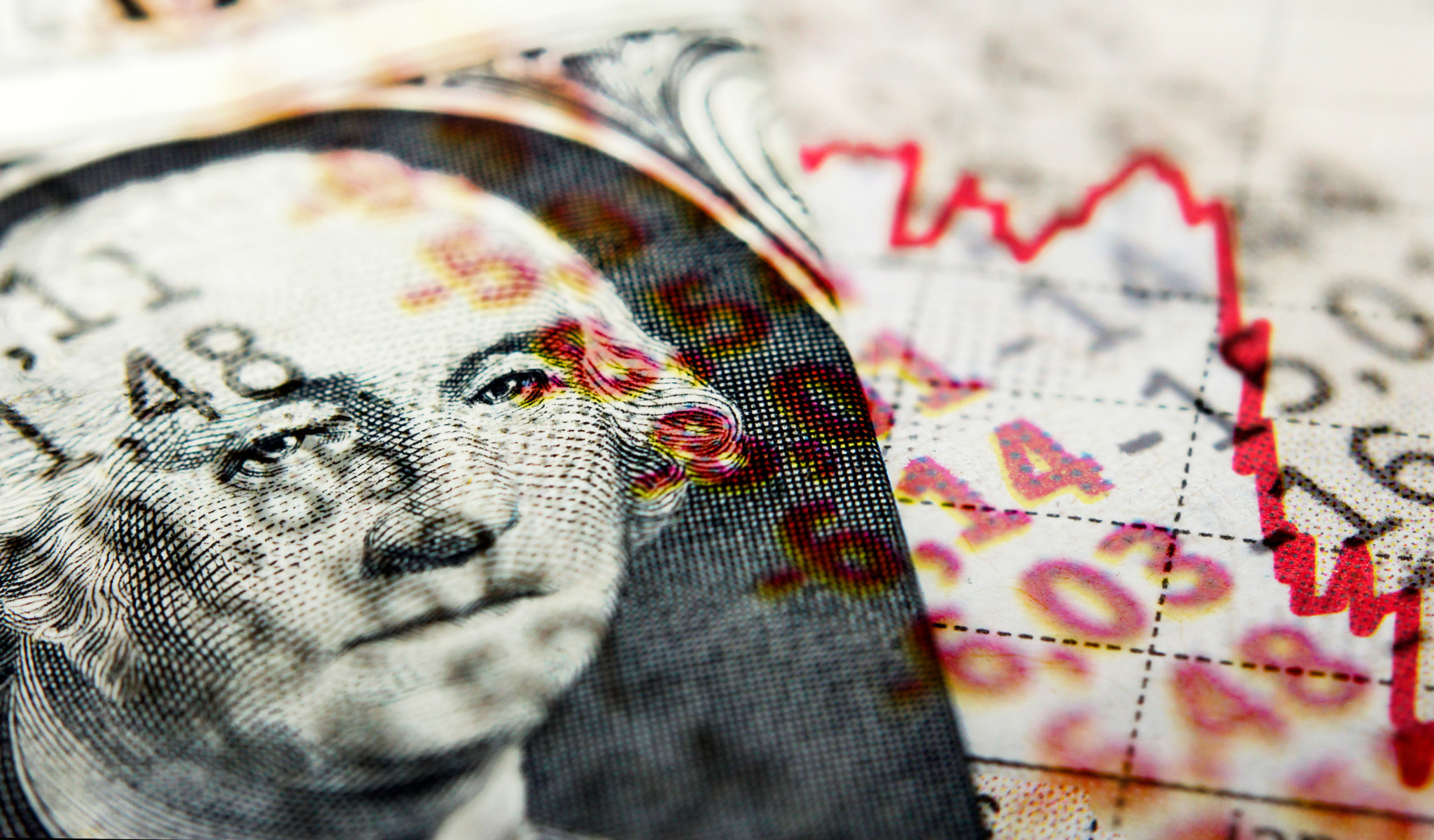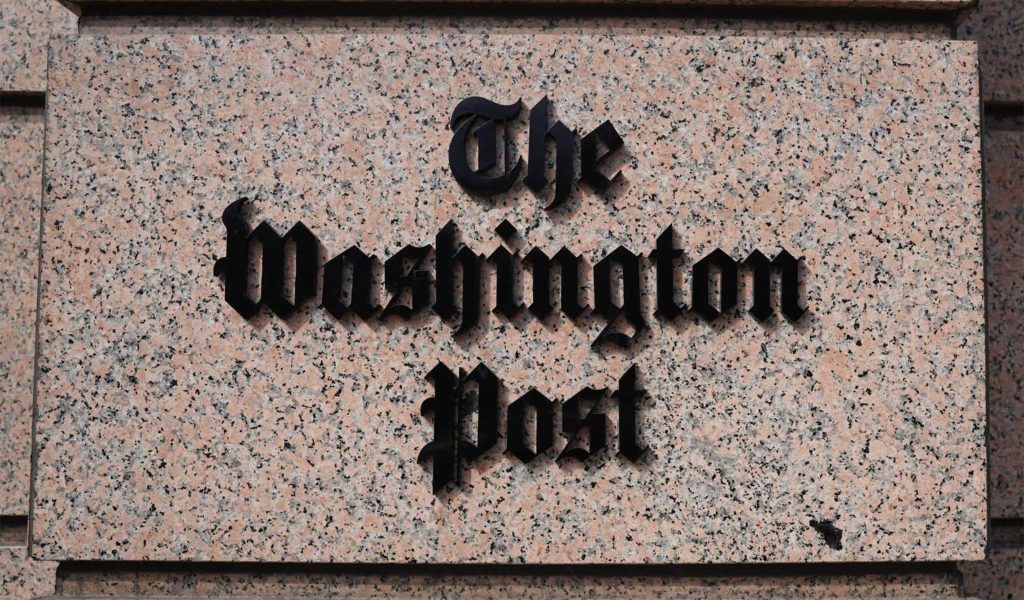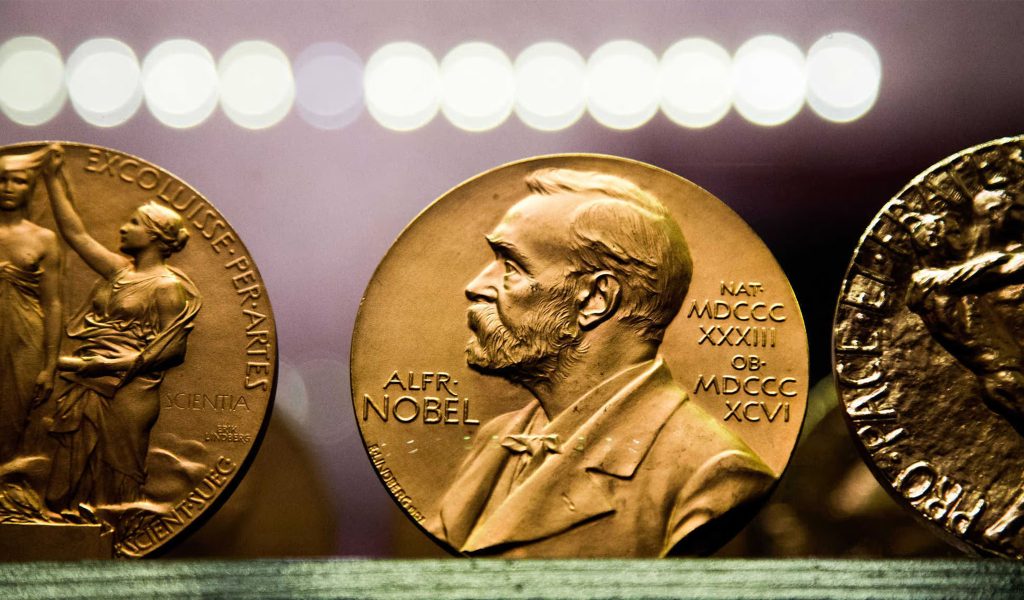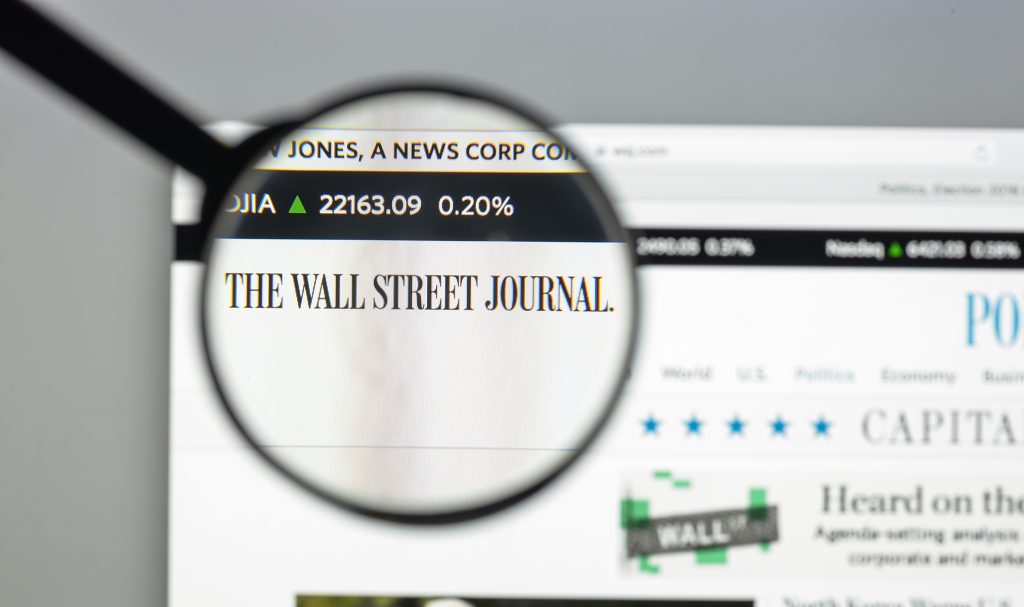“The single most significant, inter-galactic, extra-celestial, interplanetary, and spiritual force behind the global stock market rally is the decline of inflation to rates not seen in over thirty years. While many industrial nations, including the U.S., have imposed anti-growth and anti-saving tax increases in recent years, fiscal drag has been offset by a steady decline of inflation. Inflation is a tax on money, wealth creation, income, and work effort. Inflation is a devastating tax on savings. But low inflation is a tax cut. By enhancing the value of financial assets, price stability rewards patient savers and investors. It is a stimulant to capital formation, new business start-ups and growth. Growth does not cause inflation, low inflation causes growth.”
Former Donald Trump NEC head Larry Kudlow wrote the above in 1996, and in the midst of Bill Clinton’s successful economic presidency. To Kudlow’s everlasting credit he didn’t waste time on Clinton’s personal faults (probably because he was aware moral fallibility is bipartisan), and instead aimed to analyze the economy as he saw it.
In Clinton’s case, no less than Democratic presidential historian Richard Reeves acknowledged that in all too many ways his presidency was Ronald Reagan’s third term. He didn’t get everything right, but on the matter of welfare reform, capital gains tax cuts, and an acknowledgement that “the era of big government is over,” Clinton tacked to the right precisely because Reagan had moved the electorate rightward.
Another crucial move made by Clinton, one alluded to by Kudlow in the aforementioned passage from 1996, is that on January 10, 1995 Clinton placed Robert Rubin at the top of U.S. Treasury. While neo-Austrians, libertarians, anarchists and conspiracy theorists all imagine that the dollar’s exchange value is part of the Fed’s policy portfolio, and that the Fed controls the dollar’s exchange value as the proverbial croupier with its mythical control of so-called “money supply,” the reality is that Treasury has long been viewed in the actual marketplace as the voice of the dollar such that U.S. presidents get the dollar they want.
This matters a great deal because Rubin’s most famous mantra while at Treasury was that a strong dollar was in the certain interests of the American people. Better yet, Rubin’s actions indicated he meant what he said. As the late Stanford professor Ronald McKinnon noted about Rubin’s time at Treasury, not once did he or any Treasury official with any notable authority ever lament the dollar’s value vis-à-vis the yen. This was a powerful signal to the markets that Treasury was comfortable with a strong, stable dollar.
No doubt a dollar price rule would have exceeded Rubin’s dollar policy, but Rubin and Clinton can’t be credited enough for not embracing the policy lie of currency devaluation that politicians and governments have forever fallen for. The Kudlow quote up top articulately tells the tale from there. The crucial truth is that when the dollar is not in freefall, capital formation soars. Instead of directing precious capital to wealth that already exists, investors direct it to stocks and bonds representing the creation of future wealth. Conservatives from the 1990s who should have known better claimed that the Internet economy made Clinton’s economic presidency, but the reality is that absent the dollar’s health there wouldn’t have been nearly as much investment flowing toward the nascent concepts that informed the Internet boom.
All of this rates discussion now as it’s leaked that Donald Trump plans to pursue dollar devaluation if and when he’s back in office. Trump believes, as confused politicians have long believed (including many Republicans – think Nixon, George W. Bush, sadly some of Reagan’s advisors in his 2nd term), that a weak currency renders goods competitive overseas. On its face, the notion is mindless. The sole purpose of production is to import. Trump, in his infinite wisdom, wants to weaken the dollar to make it harder for Americans to purchase the world’s plenty. Rest assured, Trump’s plan doesn’t suddenly get smarter, or more politically wise.
Looking at the economics, dollar devaluation won’t make U.S. goods more competitive as is. Lest anyone forget, much of the inputs that go into U.S. products are sourced around the world. A weaker dollar would make those inputs more expensive in dollars. Oil is priced in dollars, so when the dollar is in decline (as it is now), transportation costs (think oil) rise to reflect the decline.
Let’s add the capital formation mentioned by Kudlow. It’s crucial. What renders goods most globally competitive is intrepid investment in production processes that enable the production of exponentially more for quite a bit less. A weaker dollar would naturally shrink just this investment. Seriously, why buy future returns in dollars that will come back, if at all, much weaker.
Politics? The American people earn dollars, get it?
As supply siders like Kudlow have long preached, you quite simply cannot devalue your way to prosperity. Just the same, supply siders like Kudlow have long made the point that they’ve got Trump’s ear, that he’s pro-growth, etc. etc. Ok then, now’s the time for supply siders to save Trump from himself by getting him to walk back this most mindless of policy notions.
Republished from RealClear Markets






